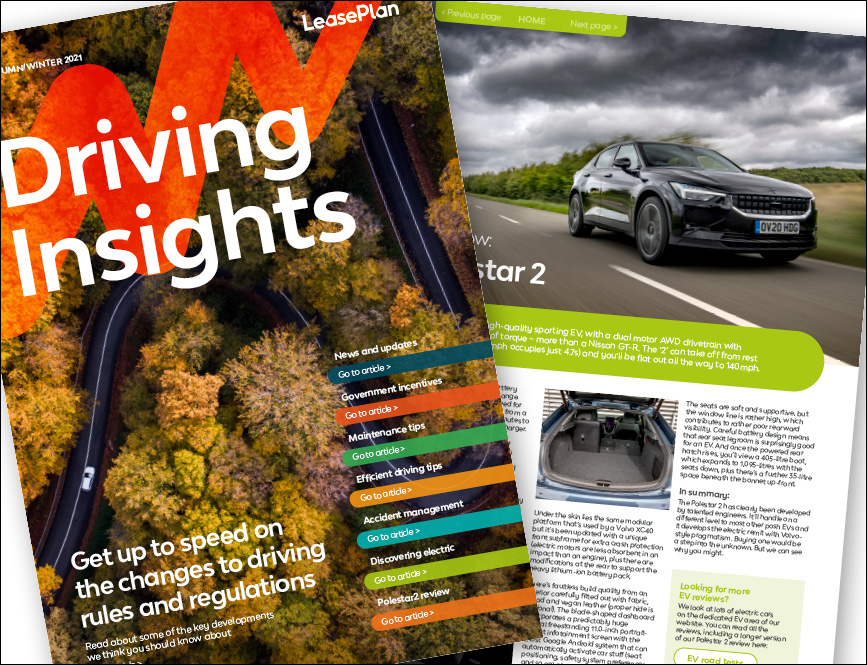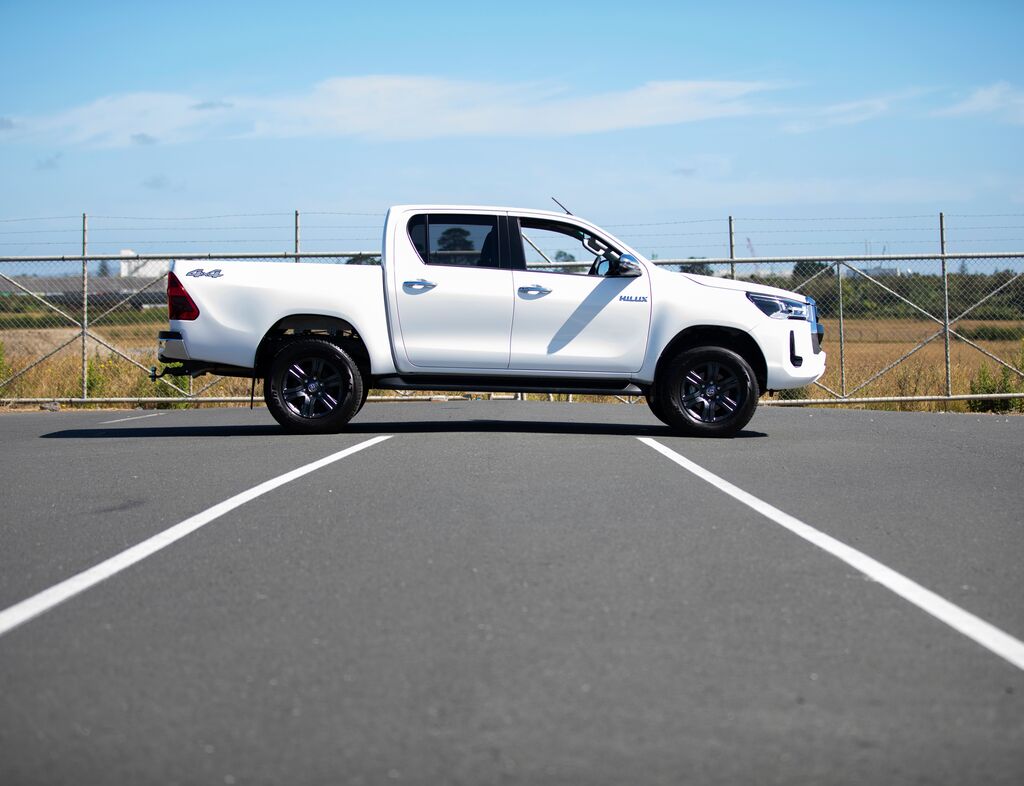The cost of motoring
Will vehicles face tariffs now?
New cars and vans imported from the EU face a 0% tariff – that is, no tariff at all.
What about tariffs on electric cars?
The EU agreed to allow an exemption for electric cars, but only for six years.
This means that European carmakers have until 2026 to switch their battery supply chain from East Asia to Europe. Otherwise, the 10% tariffs will begin to apply on electric car sales from the UK to EU and from EU to UK if the EV is made from more than 55% components of non-European origin.
What do the ‘rules of origin’ mean for vehicles?
- Internal Combustion Engine (ICE) vehicles need to be made with at least 55% local content to avoid tariffs.
- Electric vehicles and hybrids will need 40% local content.
- Until 2023, batteries can have as much as 70% overseas content, and EVs and hybrids can have as much as 60% foreign content.
- From 2024 to 2026 (when European battery production is expected to be more advanced) batteries can have 50% overseas content and EVs and hybrids 55% foreign content.
Will there be tariffs on parts?
UK Goods and Components will be sold without tariffs, and without quotas in the EU market.
Will delivery dates for new vehicle orders be affected?
We are already seeing that vehicles held up at the docks, as borders may not be running as efficiently as possible. It’s worth bearing in mind that even if your car is 100% made in Britain, it is likely to need parts from elsewhere in the world, which could take longer to get here.
Some manufacturers have been working to get ahead of this challenge by stocking up on vehicles and parts. If your car is already in the UK, there is less chance of a delay.
If you are a LeasePlan driver with a vehicle on order, you will be kept informed about any unexpected changes vehicle delivery date.
Will vehicle service, repairs or tyre replacements be impacted?
As before, there is a chance that supply of goods and parts into the country may be delayed – as borders may not be running as efficiently. Suppliers have been working to get ahead of this challenge by stocking up on vehicle parts to mitigate the risk of any delays in getting vehicles back on the road.
If you are a LeasePlan driver, please contact the LeasePlan DriverLine, which will keep you informed every step of the way.
Driving in the EU from 1 January 2021
Will I need any extra documentation to drive in the EU?
Most UK drivers will still be able to use their normal driving licence to drive in EU countries.
The exception is for people who only have a paper licence, or if your driving licence was issued in Gibraltar, Guernsey, Jersey or the Isle of Man.
In which case, you may need an International Driving Permit (IDP). There are two that apply to the EU:
• The 1949 IDP is used in Ireland, Malta, Spain and Cyprus. It lasts 12 months and can be purchased now.
• The 1968 IDP is for the rest of the EU. It lasts for three years (or the duration of your driving licence’s validity if it is less than three years).
You can pick up the IDP from many branches of the Post Office. There’s no need to pre-book, it takes about five minutes to arrange and costs £5.50.
Will I need a Green Card?
You will need to carry a Green Card when you drive within the EU (plus the EEA, Andorra, Serbia and Switzerland). This proves that you have third-party motor insurance cover. There is no cost for the permit – however your insurer may charge an administration fee.
Please contact your insurer to arrange a Green Card at least six weeks before travelling.
What about number plates?
Under international conventions, UK-registered vehicles have to show a GB sign when driving outside the UK, including in the EU. This can be a sticker or on the number plate.
You may need a GB sticker if your vehicle has a number plate that shows both the GB sign and the EU flag. You won’t need it if you replace your number plate with one that doesn’t have the EU flag.
If you are planning on driving in Spain, Cyprus or Malta you need a GB sticker regardless of what is on your number plate.
Find out more about number plates here.
Do I need to take my vehicle registration documents?
Yes – this process has not changed. You will still need your vehicle log book (V5C), if you have one, or a VE103 that shows you can use a hired or leased car abroad.
If you are a LeasePlan driver please call our DriverLine at least 14 days before you plan to travel to arrange foreign travel documentation.
What if I’m in an accident while I’m driving in the EU?
UK residents may not be able to make a claim for an accident within the EU or EEA through a UK-based Claims Representative or the UK Motor Insurers’ Bureau. Instead, you may need to bring a claim against the driver in the country where the accident happened. This may involve making the claim in the local language. There may also be no compensation for accidents involving uninsured or untraced drivers, though this will vary from country to country.
In addition, if you’re involved in an accident you may need to bring legal proceedings within the relevant country after the deadline.
Please seek legal advice if you need more information.
Further information
To stay up-to-date with all the latest information on Brexit for motorists please visit the gov.uk website
Disclaimer:
These frequently asked questions (FAQs) address the possible position for UK motorists following the UK’s withdrawal from the European Union (known as Brexit) on 31st January 2020 11pm. This page does not contain legal advice and merely acts as a reference point for key information for motorists. This information is correct at time of publishing (originally published 19.2.19, updated 12.4.19, 12.8.19, 30.09.19, 17.12.19, 25.9.20, 21.10.20 and 29.01.21)




